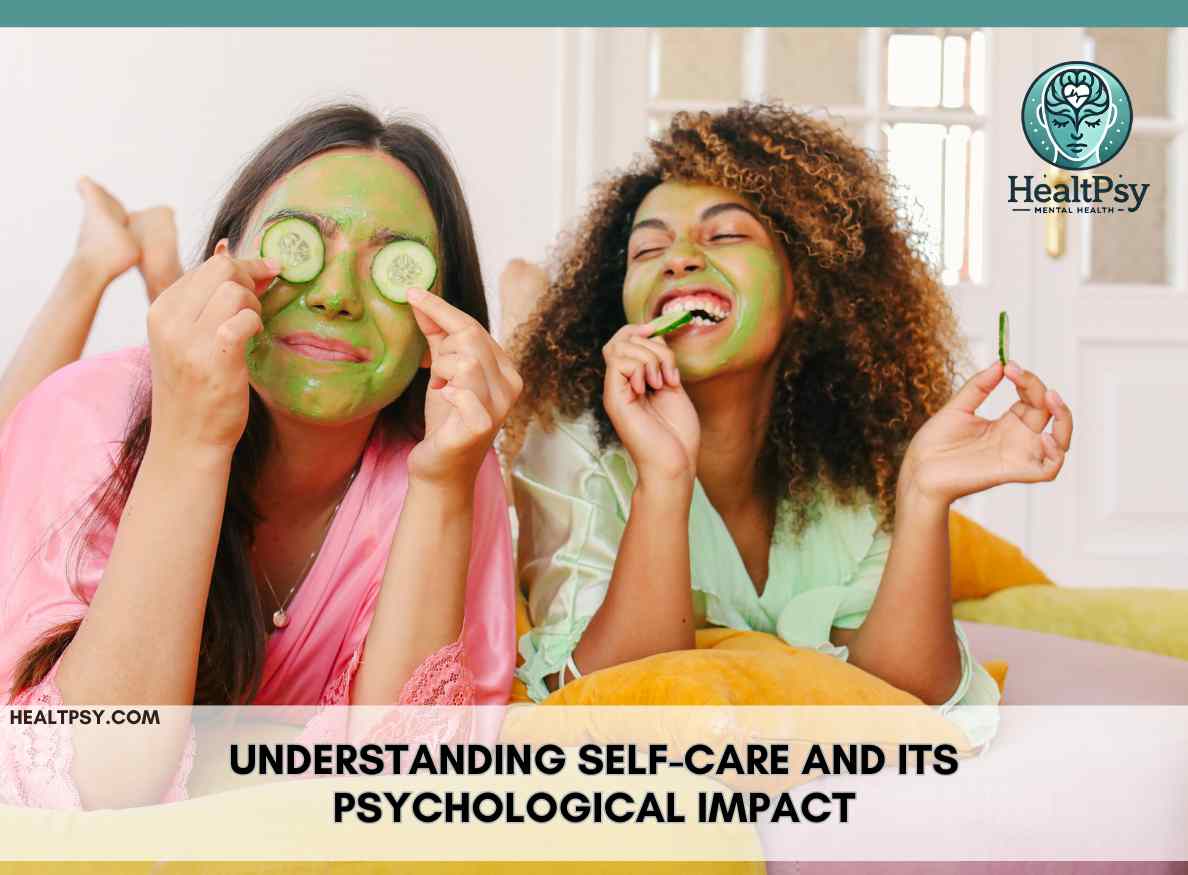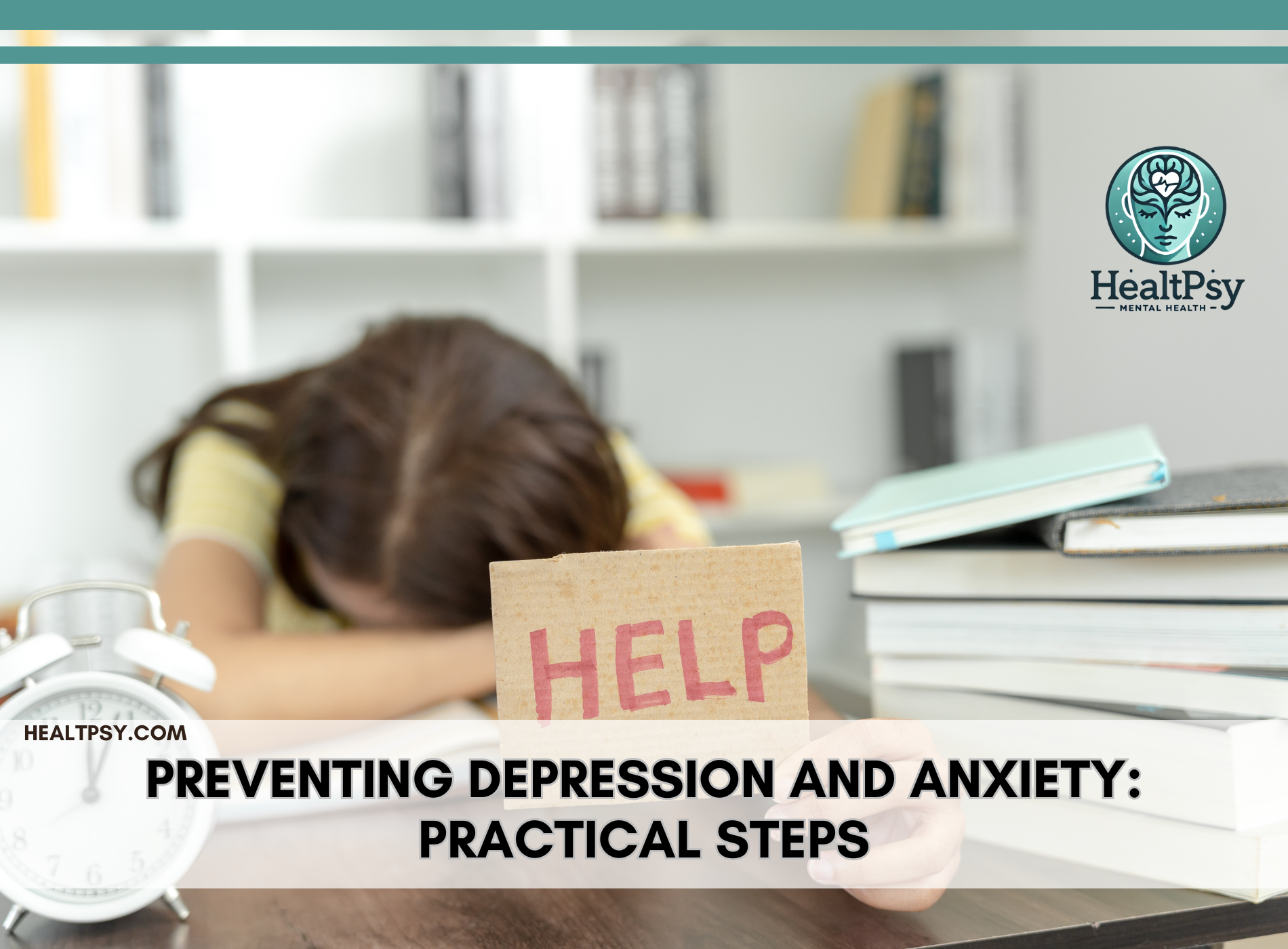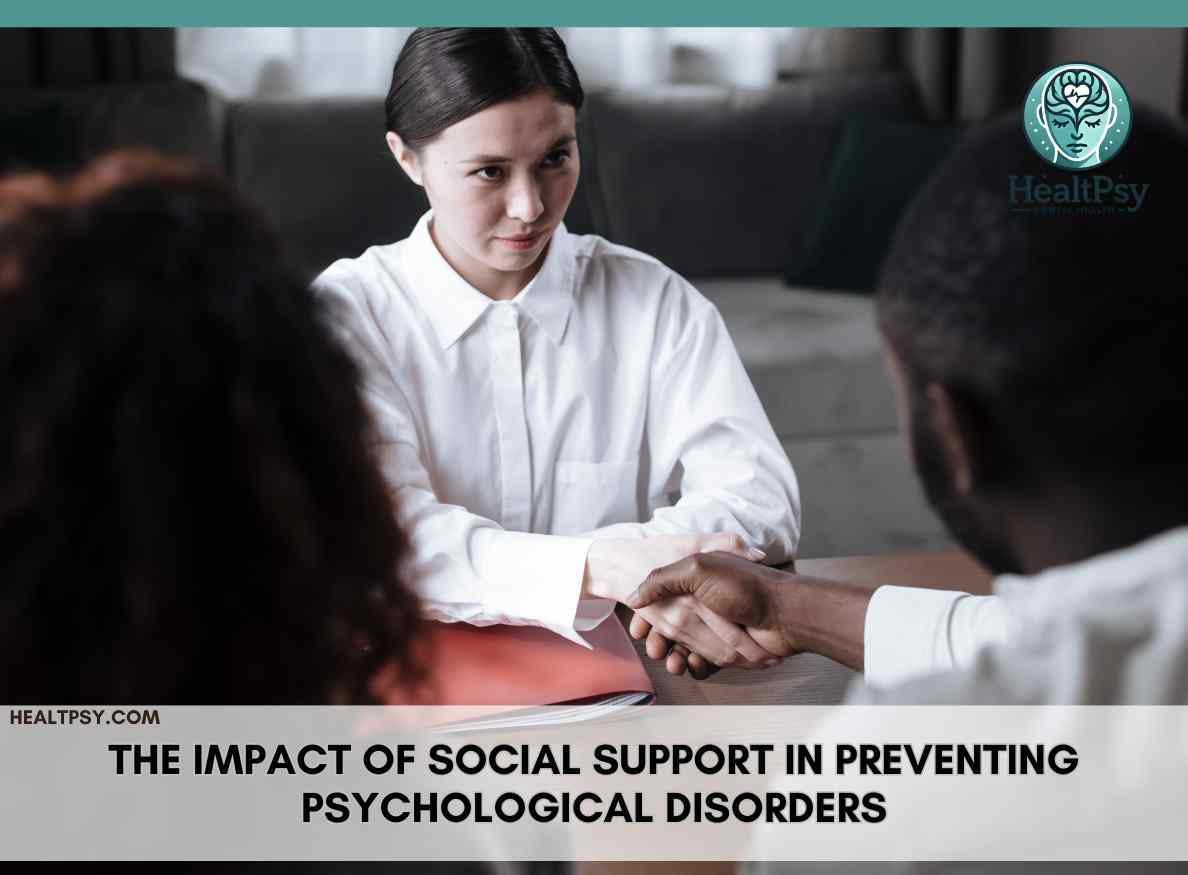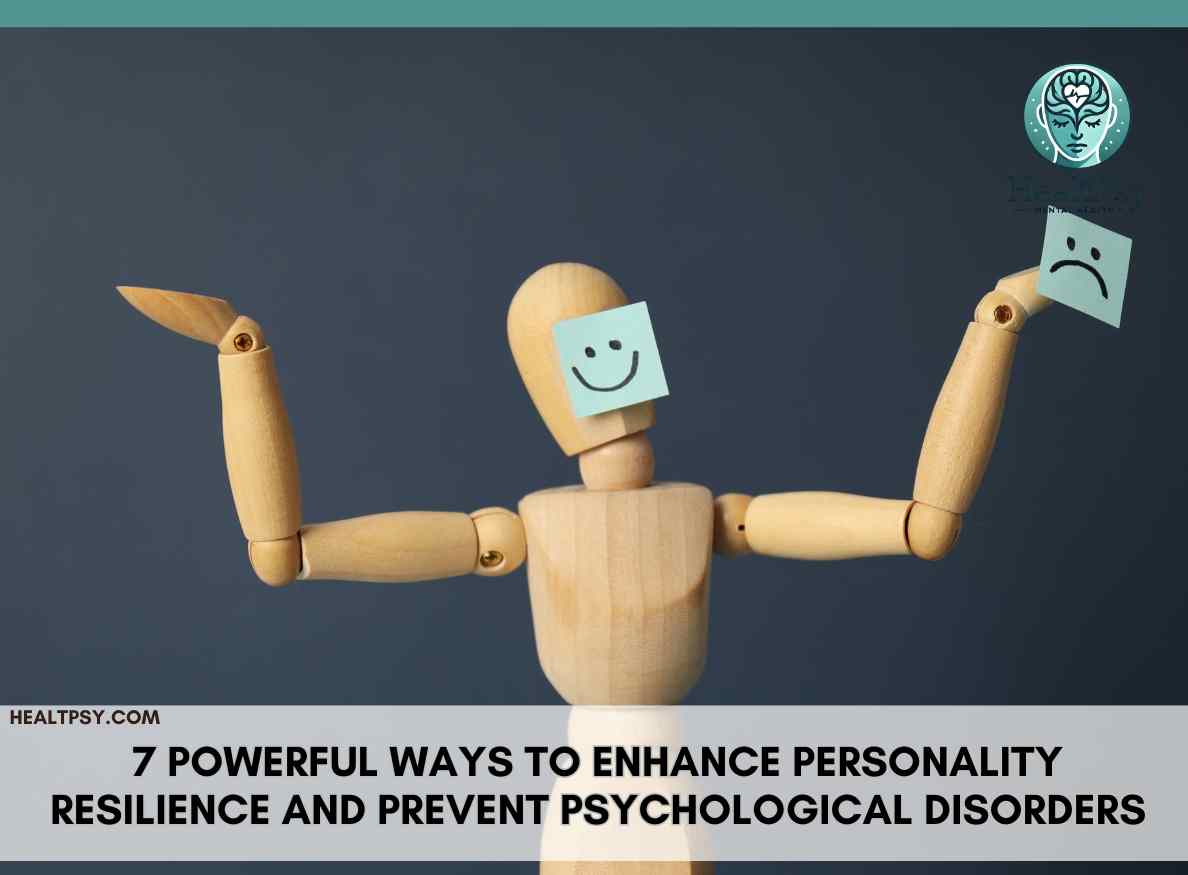7 Powerful Self-Care Practices to Prevent Psychological Issues
Introduction
In a fast-paced world dominated by work stress, digital distractions, and social pressures, self-care has emerged as an essential practice for maintaining mental well-being and preventing psychological issues such as stress, anxiety, and depression. Ignoring self-care can lead to emotional exhaustion, cognitive overload, and long-term mental health struggles. Studies indicate that individuals who practice regular S-care experience reduced stress levels, improved emotional resilience, and enhanced overall life satisfaction.
This article explores the importance of S-care in preventing psychological issues, the scientific evidence supporting it, and practical strategies to integrate self-care into daily routines for long-term psychological well-being.
📌 For more insights, visit our section on Personal Growth and Self-Development.
Understanding Self-Care and Its Psychological Benefits
Self-care refers to intentional actions taken by individuals to enhance their mental, emotional, and physical well-being. The American Psychological Association (APA) defines S-care as a preventative mental health strategy that helps individuals build resilience, cope with stress, and improve emotional regulation.
1. The Science Behind Self-Care and Mental Health
According to Harvard Medical School and the World Health Organization (WHO), S-care significantly improves mental health by:
✔ Regulating cortisol levels, reducing stress and anxiety.
✔ Enhancing emotional regulation, leading to better cognitive processing.
✔ Strengthening neural pathways, improving overall brain function and emotional stability.
For more scientific insights, refer to the World Health Organization (DoFollow).
How Self-Care Prevents Psychological Issues
1. Emotional S-care: Strengthening Mental Resilience
Practicing emotional S-care fosters emotional intelligence and enhances coping mechanisms. Strategies include:
- Mindfulness and meditation to improve emotional regulation.
- Setting boundaries to protect mental energy from toxic relationships.
- Practicing self-compassion, which reduces the risk of anxiety and depression.
📌 Related: Managing Psychological Stress
2. Physical Self-Care: The Mind-Body Connection
The link between physical and mental health is undeniable. S-care routines that improve physical health also prevent psychological distress. These include:
- Regular exercise, which releases endorphins that help regulate mood.
- A balanced diet, which fuels the brain and reduces symptoms of mental fatigue.
- Adequate sleep, which restores cognitive function and emotional balance.
📌 Related: The Importance of Sleep and Proper Nutrition in Stress Relief
3. Social Self-Care: The Power of Support Networks
A strong social support system is one of the most effective buffers against mental health disorders. To maintain social S-care:
- Engage in meaningful social interactions that strengthen emotional support.
- Join support groups and mental health communities for shared experiences.
- Reduce excessive social media exposure, which can contribute to stress and anxiety.
📌 Related: The Impact of Social Support in Preventing Psychological Disorders
The Link Between Self-Care and Mental Disorders Prevention
1. Preventing Anxiety and Depression Through S-care
Individuals who prioritize S-care routines experience:
✔ Lower rates of chronic stress, a primary trigger for anxiety disorders.
✔ Increased dopamine and serotonin levels, which improve mood stability.
✔ Stronger cognitive function, leading to better decision-making skills.
📌 Read more: 7 Key Symptoms of Psychological Disorders You Shouldn’t Ignore
2. Self-Care as a Preventative Measure Against Burnout
Chronic burnout is a modern epidemic, particularly in high-pressure environments. Preventative self-care measures include:
✔ Taking regular breaks to improve productivity and prevent emotional exhaustion.
✔ Engaging in hobbies and creative outlets to restore mental energy.
✔ Practicing work-life balance, which prevents professional and personal burnout.
📌 Learn more: The Role of Work-Life Balance in Mental Health
Advanced S-care Strategies for Long-Term Mental Well-being
1. Holistic S-care Practices
- Daily gratitude journaling to enhance emotional awareness.
- Deep breathing exercises to manage anxiety and improve focus.
- Setting realistic goals to prevent feelings of failure and disappointment.
📌 Related: The Science of Digital Well-Being
2. Creating a Sustainable Self-Care Routine
- Identify stressors and address them through healthy coping mechanisms.
- Schedule relaxation activities to maintain long-term mental balance.
- Develop a personalized self-care plan based on individual mental health needs.
📌 Related: Personal Growth and Self-Development
3. Seeking Professional Help When Needed
While self-care is essential, some psychological issues require professional guidance. Therapy and counseling provide structured intervention for individuals experiencing persistent stress, anxiety, or depression.
📌 Find professional support here: Psychological Support and Therapy
Conclusion
Self-care is not a luxury; it is a necessity for preventing psychological issues and maintaining mental health. By integrating emotional, physical, and social S-care strategies, individuals can significantly reduce stress, enhance resilience, and improve overall well-being. Whether through mindfulness, healthy lifestyle choices, or strong social connections, self-care provides a solid foundation for long-term psychological stability.
📌 Explore more self-care insights: Personal Growth and Self-Development
you might also like





